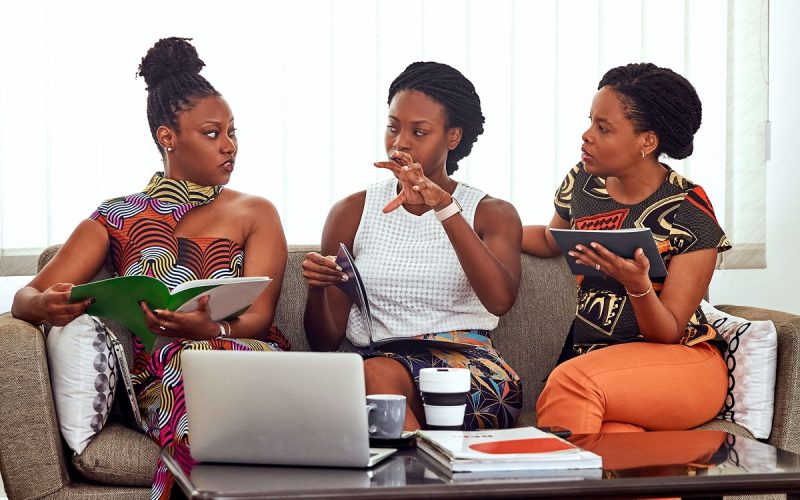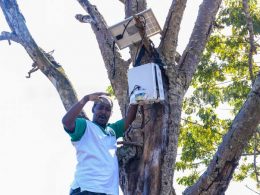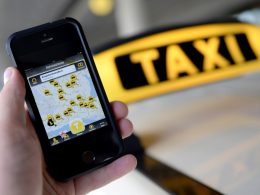This week Uganda breathed a sigh of relief following the relaxation of a pubishing 42-day lockdown – the nation’s second. Like many African countries, lack of access to vaccines has forced the Ugandan government into carefully balancing the national economy with protecting its citizens with economically damaging lockdowns – currently the only public health tool at most African governments’ disposal.
The pandemic and subsequent lockdowns have exacerbated what is already a critical issue across Africa – youth unemployment. With some 77% of its citizens under the age of 25, the problem is felt acutely in Uganda. However, exciting steps to tackle this issue are already underway.
One such example is the the Youth4Business innovation facility launched earlier this year by the United Nations Development Programme (UNDP), which saw lockdown as an opportunity to inspire Uganda’s youth.
In partnership with the Association of Student Enterprises (NASE) the programme was established to seek out youth with entrepreneurial aspirations to develop and refine ideas and products, services and solutions that address challenges in nine key sectors, including health, agriculture, ICT, tourism, mining, renewable energy, manufacturing, creative industries, smart cities and urban development.
The project is premised on the belief that all businesses start as a simple idea that comes to fruition which when acted upon and with some help, support and mentorship. The project offers participants the chance to win a cash prize of UGX 100 million (c. USD 28, 000) to turn their dreams into reality. Invitations to participate have been extended to youth in all regions across the country.
According to NASE Execuitve Director Dennis Aguma, the Covid-19 pandemic has presented countless opportunities for Uganda’s youth – especially those that have nurtured ideas for a while but lacked the space and platform to bring them into play.
“Not all of [the participants] are going to win the UGX100 million, but one or two individuals having participated in this will be inspired so that the next time they ever come up with a business idea, they know how to go about it,” says Aguma.
Aguma believes that every challenge can be turned into an opportunity. “Often the best ideas are those that are addressing people’s needs and people’s pains,” he explains.
“No economy out there has ever gotten to world class without being innovative and one of the key parameters for an innovative country is how many ideas are being patented, how many intellectual properties are being registered.”
Aguma notes that despite UNDP having a business facility, this is the first time they are venturing into businesses that are younger than 12 months.
“I think in the past they have supported businesses with grants of like USD10,000 to USD 40,000 and then it turns out that there is quite a number of young people whose businesses are not established, not registered but have the idea. The lockdown is a perfect opportunity to reach out to these businesses and support them,” he notes.








